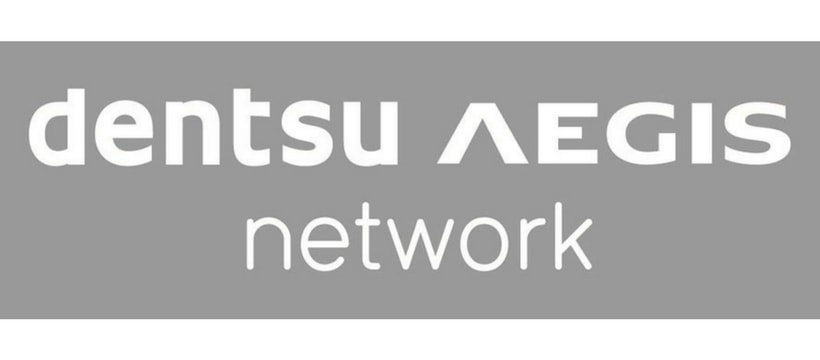AutoML and the AI Skills Gap
Get an overview, real life case studies, and a list of essential features to look for in AutoML and augmented analytics tools.
get the white paper
faster in providing segmentation recommendations
Content targeted at those more likely to buy is more effective than targeting everyone: that’s a given, and marketers and advertisers have known this for years.
Even back in 2014, Forrester reported that more than 75 percent of digital marketing professionals were already using advanced analytics and clustering techniques to personalize targeting. And 68 percent were already using machine learning algorithms for more personal targeting and interactions.
Hyper-targeting is already the norm in the advertising industry, so how can companies iterate and continue to improve? Generally, the next step is refining models for more accuracy but also making targeting faster, more real-time, and developing the ability to provide targeting recommendations on command. One company was able to do just this, further empowering sales teams to close deals with more advanced targeting.
Dentsu Aegis is a media buying company that allocates advertisers’ budgets on campaigns across various media (TV, digital, search, etc.) using targeted segmentation. When Dentsu Aegis pitches their services to potential customers, the sales staff recommends specific segments that would be the best to target with a particular campaign to maximize return. After they make the sale, the teams need to be able to deliver on those promises and actually maximize return with effective segmentation.
Human, Technical and Operational Challenges to Scaling a Data Team
In order to provide this level of specificity, Dentsu Aegis created a data department with deep expertise in segmentation that allows them to provide more business value to their clients. However, the department struggled to quickly provide segmentation recommendations to the sales team — thus slowing the sales cycle because:
Dentsu Aegis chose Dataiku as the all-in-one tool to bring massive efficiency gains to the data department. Now with Dataiku, the department:
In turn, these efficiency gains free up the team to spend more time devising innovative new ways to segment customers and provide value to the company. For example, they used Dataiku to do predictive machine learning to find common features and weak signals. These weak signals enabled them to define very specific audiences that will respond (or not respond) to certain advertisements. For example, they found that users with Internet Explorer tended to be older or that via IP addresses, they can tell who is traveling during the weekend, and they can target accordingly.
Dentsu Aegis’s shift to Dataiku has allowed them to be four times faster in providing segmentation recommendations to the sales team. This dramatic increase in efficiency allows the sales team to close more business.
On top of efficiency gains, the team also has been able to do more prototyping and exploration, allowing them to deliver not only faster segmentation recommendations, but better and more granular ones. Dataiku has allowed everyone in the data department to focus on the strategic core of their job rather than on data preparation tasks.
Calculating ROI on AI projects is often critical to secure resources; however, these calculations can also be notoriously challenging due to the complexity of quantification, number of teams and people involved, and often long delay in outcome.
Read moreGet an overview, real life case studies, and a list of essential features to look for in AutoML and augmented analytics tools.
get the white paperDataiku CEO Florian Douetteau writes in AI Musings about advantages and disadvantages of an inclusive AI approach.
learn moreMove the organization forward safely in getting value out of data despite increased regulation surrounding data privacy.
get the white paperFrom data silos to self-service analytics, see how GE Aviation has democratized data across the organization.
learn more